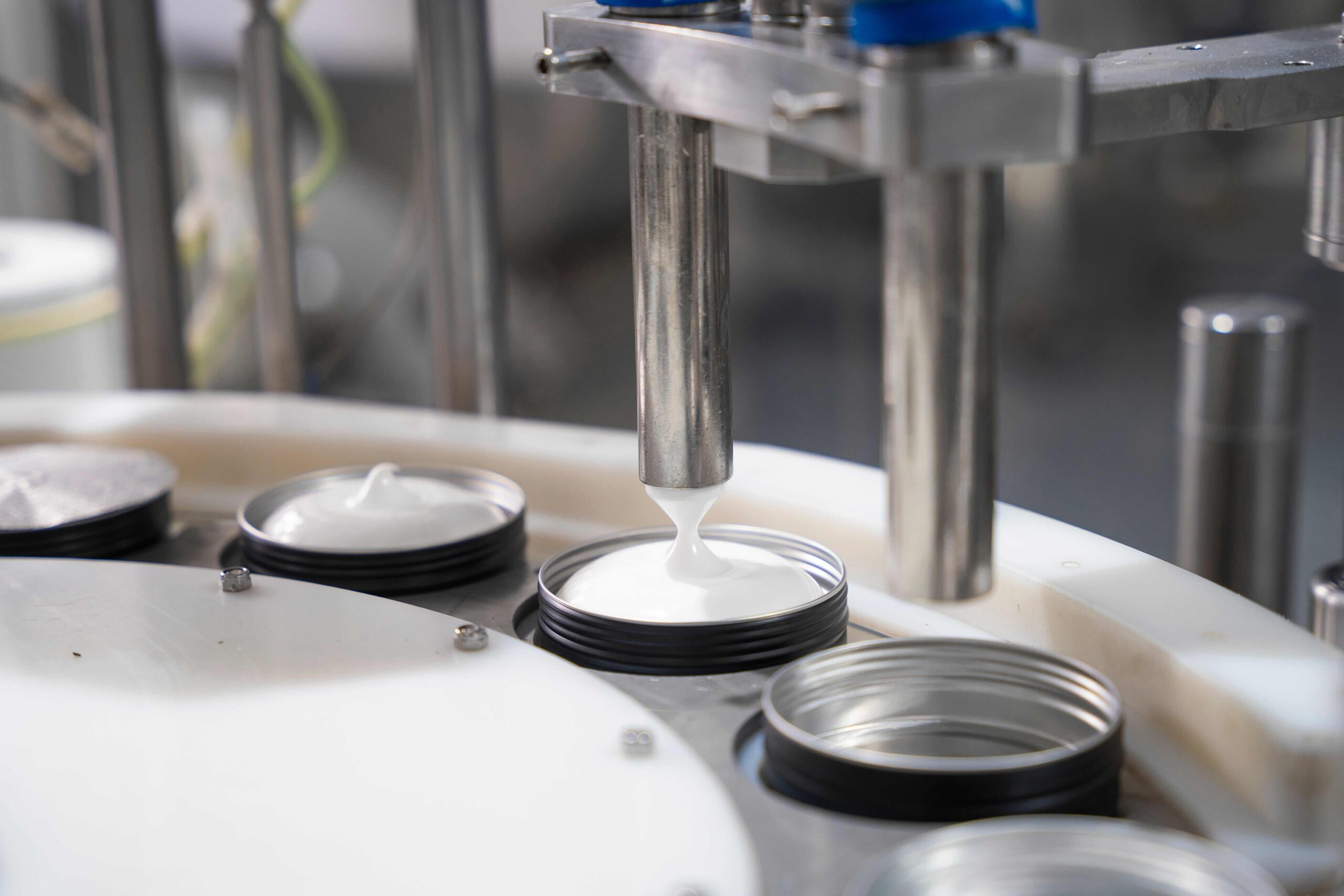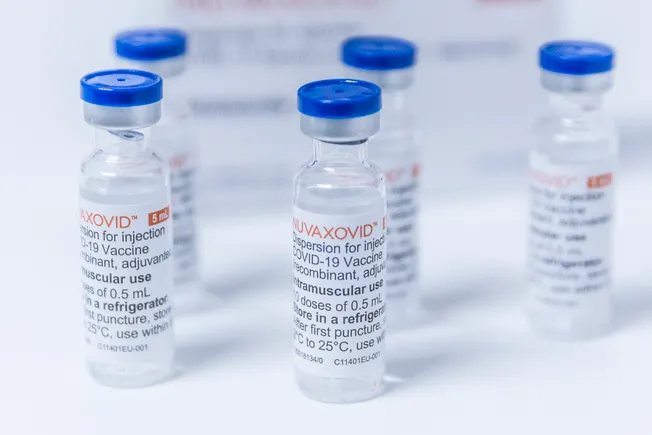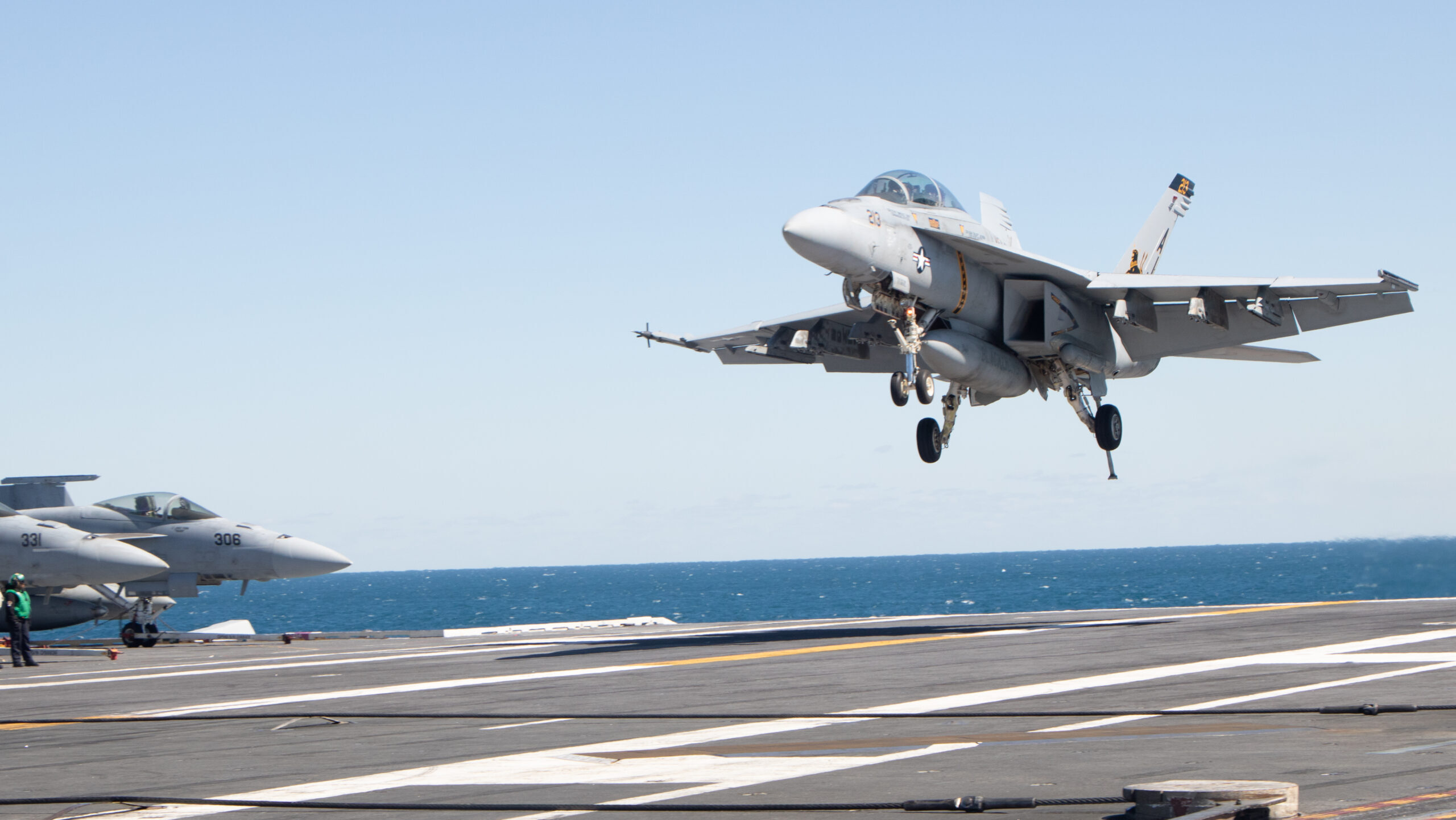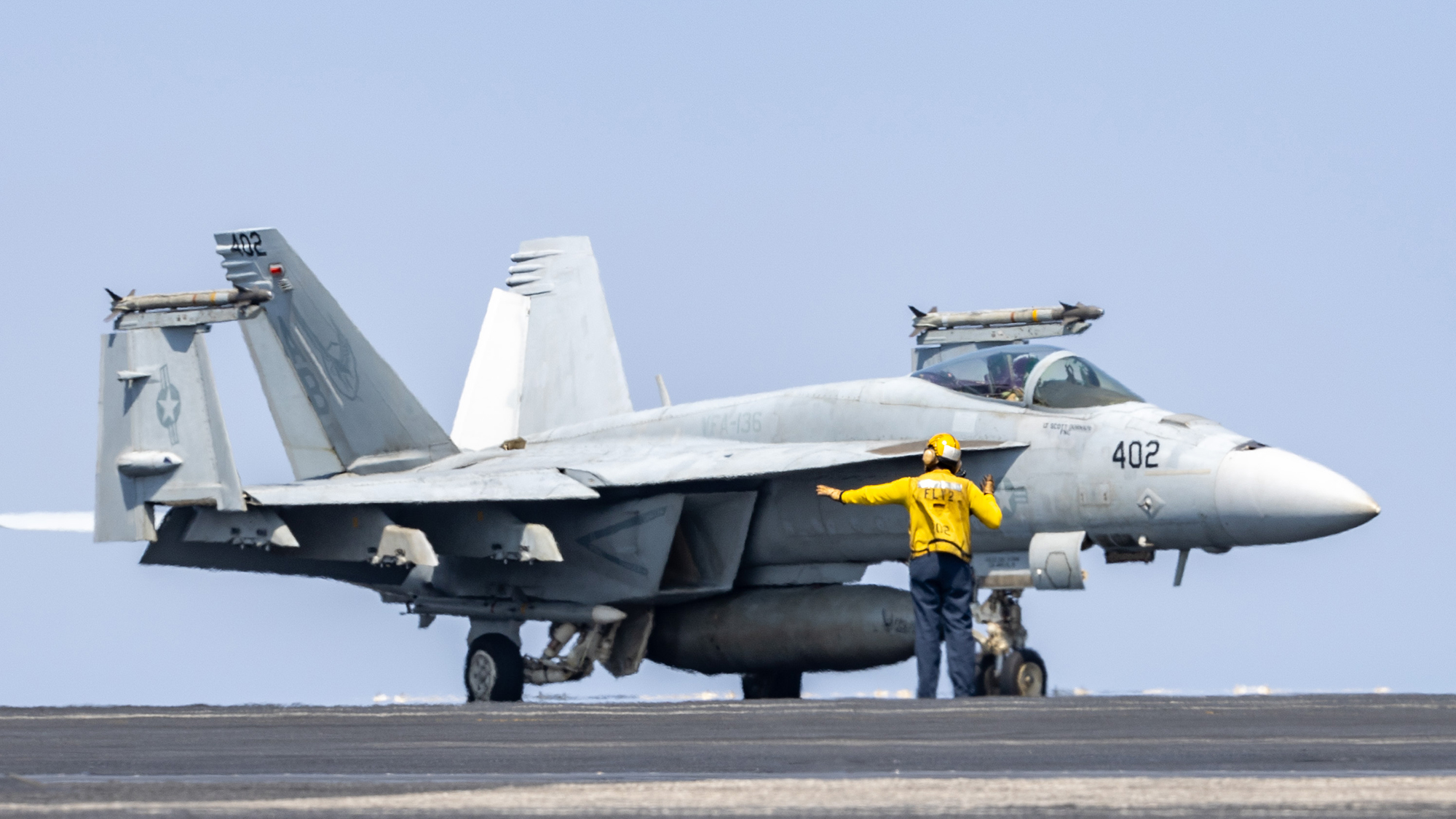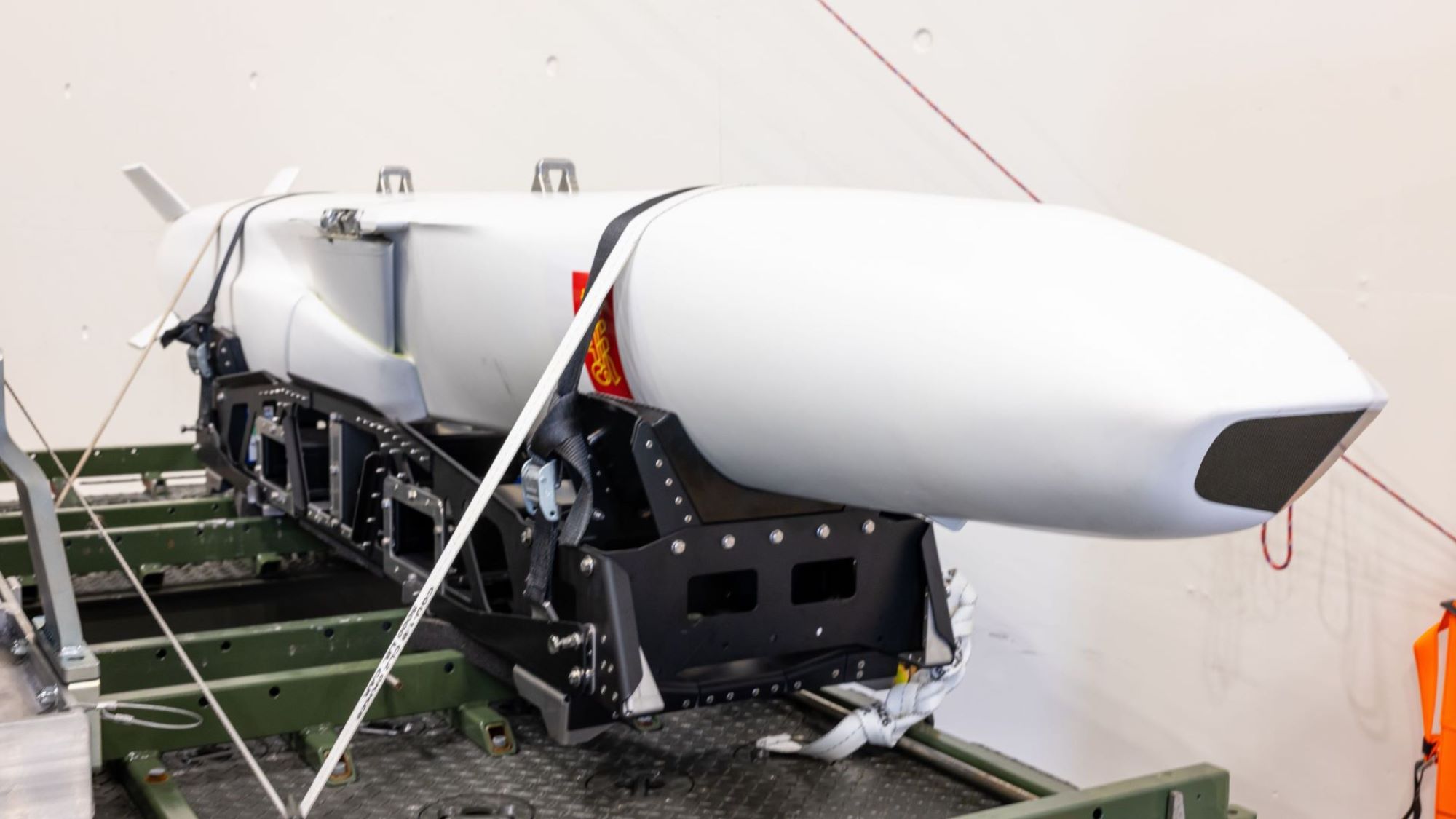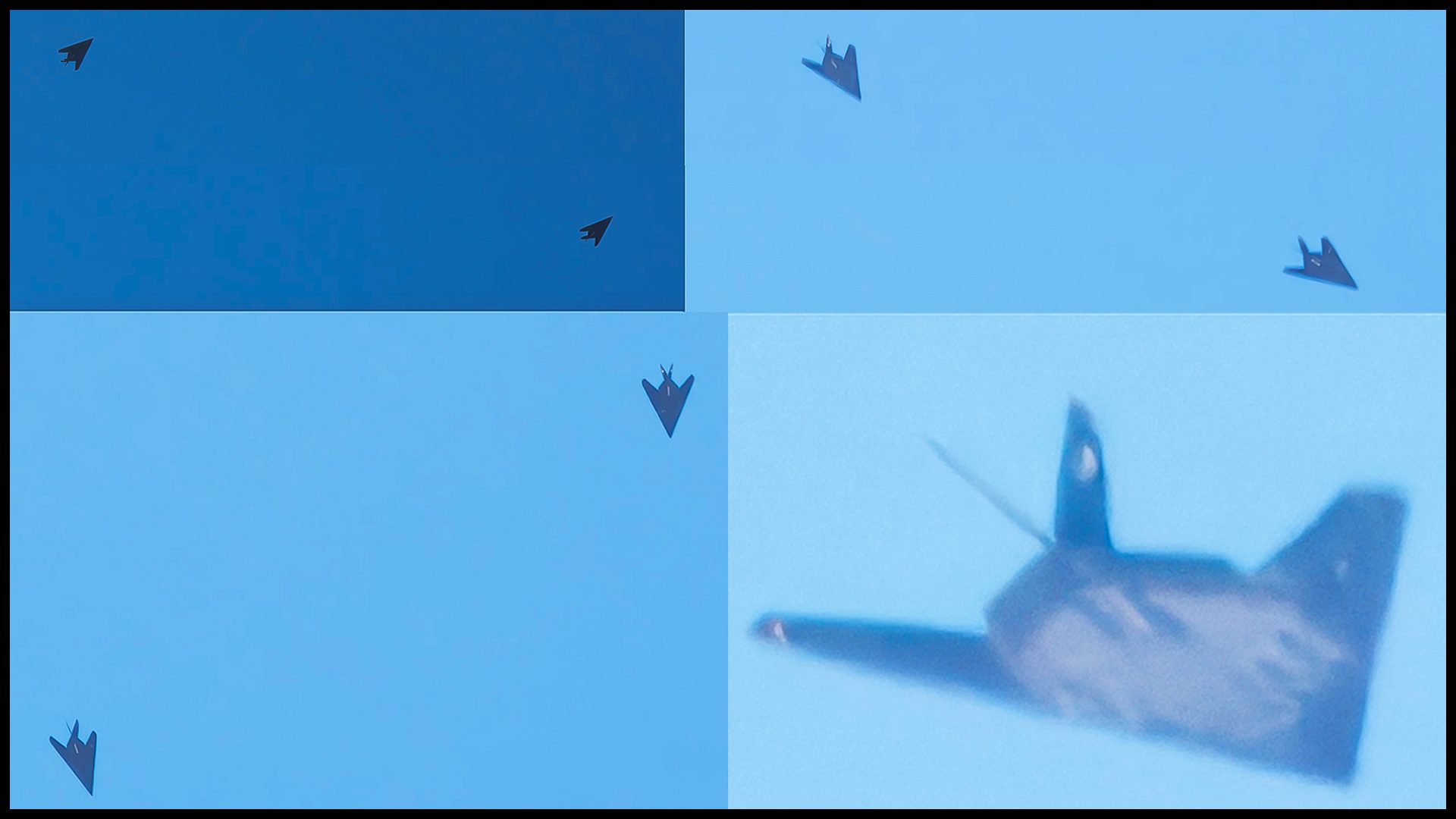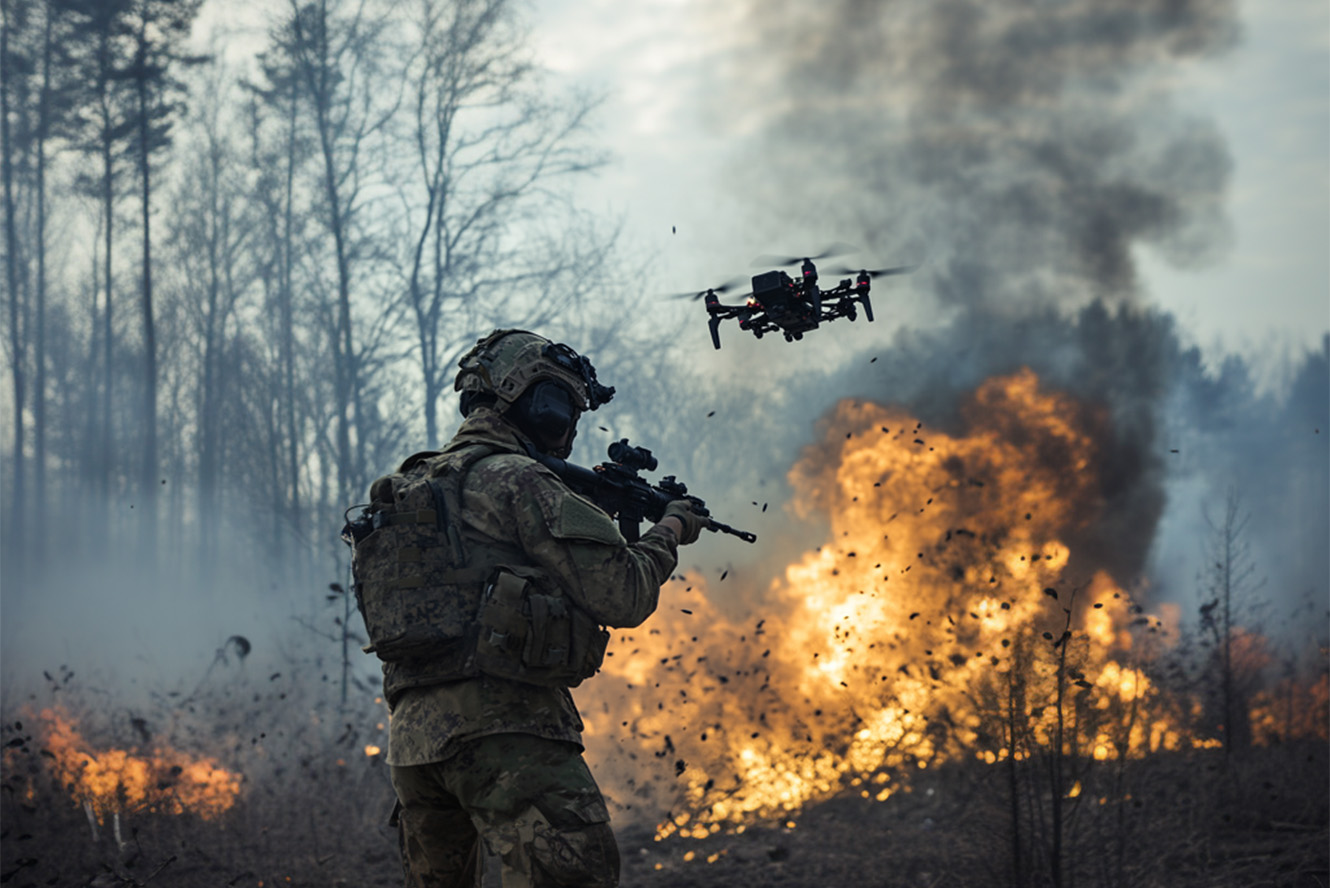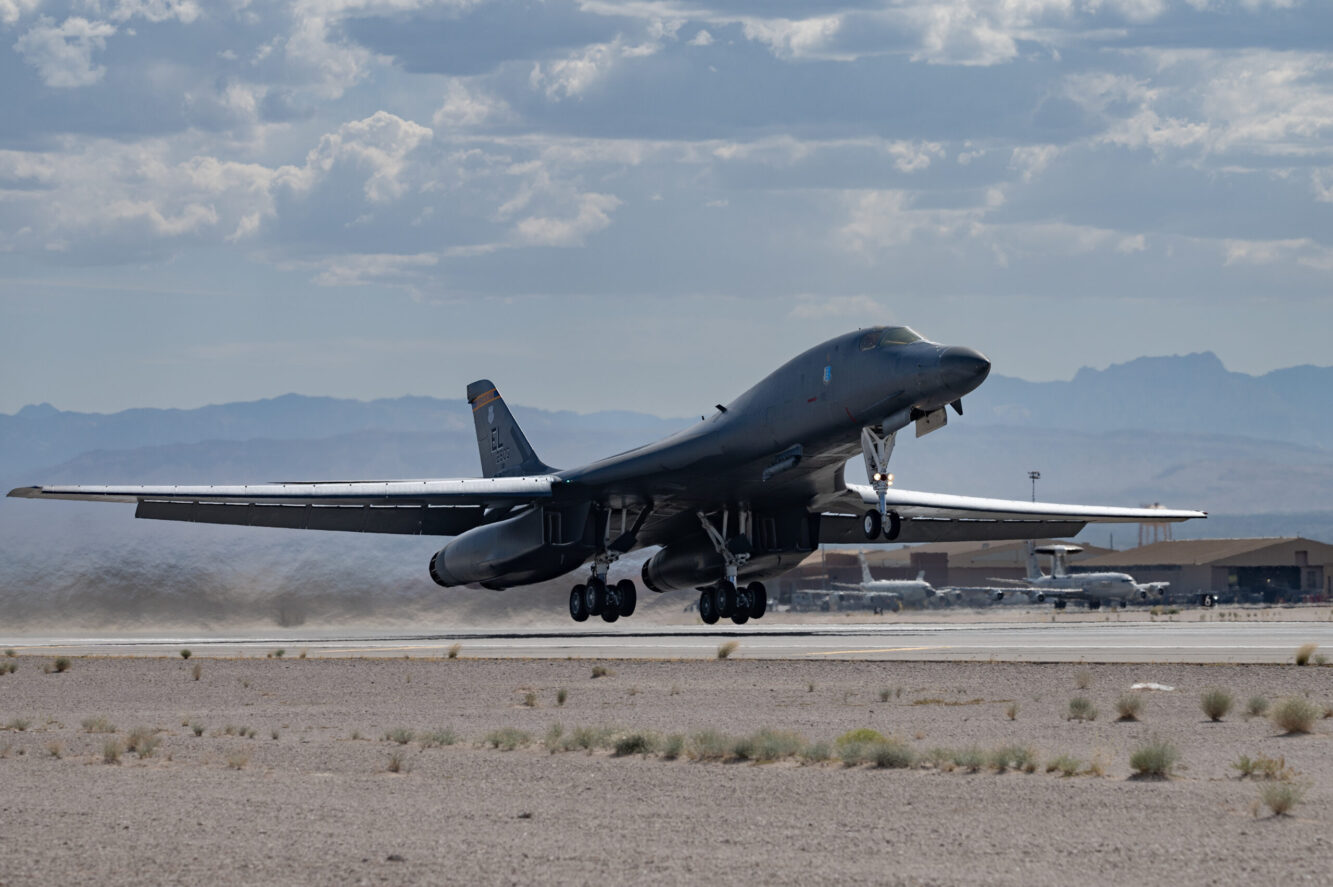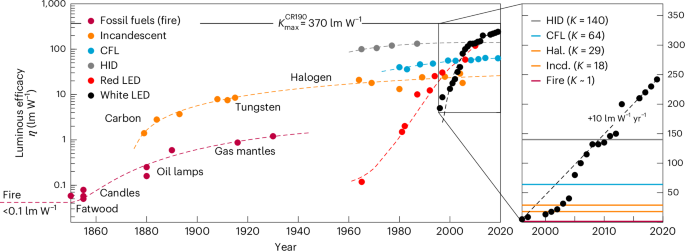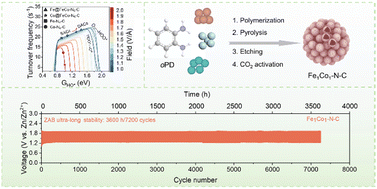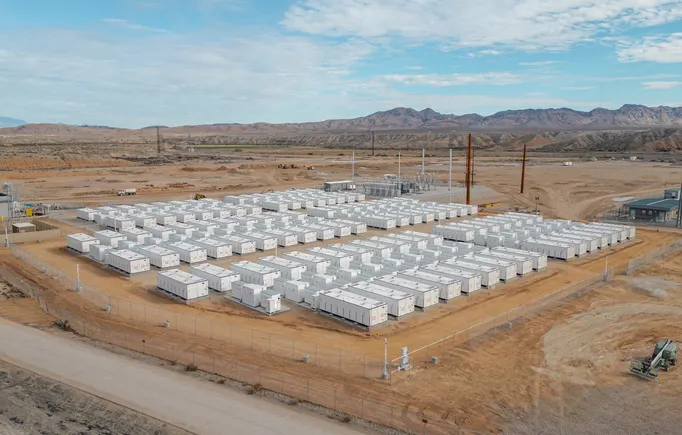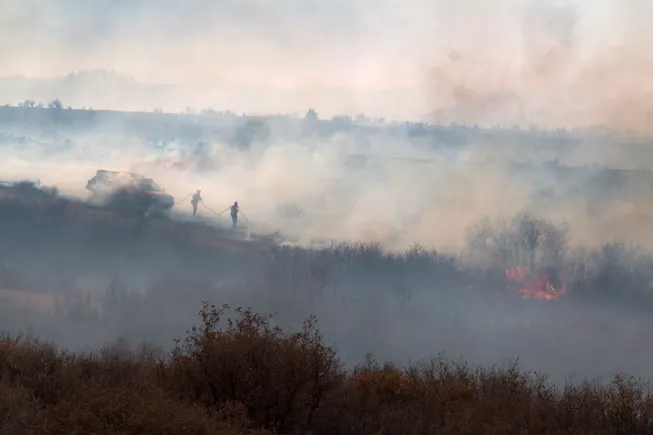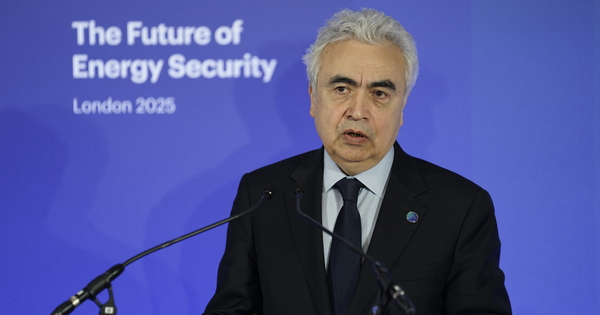Activation of the <i>Drosophila</i> innate immune system accelerates growth in cooperation with oncogenic Ras
by Fabienne Brutscher, Federico Germani, George Hausmann, Lena Jutz, Konrad Basler Innate immunity in Drosophila acts as an organismal surveillance system for external stimuli or cellular fitness and triggers context-specific responses to fight infections and maintain tissue homeostasis. However, uncontrolled activation of innate immune pathways can be detrimental. In mammals, innate immune signaling is often overactivated in malignant cells and contributes to tumor progression. Drosophila tumor models have been instrumental in the discovery of interactions between pathways that promote tumorigenesis, but little is known about whether and how the Toll innate immune pathway interacts with oncogenes. Here we use a Drosophila epithelial in vivo model to investigate the interplay between Toll signaling and oncogenic Ras. In the absence of oncogenic Ras (RasV12), Toll signaling suppresses differentiation and induces apoptosis. In contrast, in the context of RasV12, cells are protected from cell death and Dorsal promotes cell survival and proliferation to drive hyperplasia. Taken together, we show that the tissue-protective functions of innate immune activity can be hijacked by pre-malignant cells to induce tumorous overgrowth.
by Fabienne Brutscher, Federico Germani, George Hausmann, Lena Jutz, Konrad Basler Innate immunity in Drosophila acts as an organismal surveillance system for external stimuli or cellular fitness and triggers context-specific responses to fight infections and maintain tissue homeostasis. However, uncontrolled activation of innate immune pathways can be detrimental. In mammals, innate immune signaling is often overactivated in malignant cells and contributes to tumor progression. Drosophila tumor models have been instrumental in the discovery of interactions between pathways that promote tumorigenesis, but little is known about whether and how the Toll innate immune pathway interacts with oncogenes. Here we use a Drosophila epithelial in vivo model to investigate the interplay between Toll signaling and oncogenic Ras. In the absence of oncogenic Ras (RasV12), Toll signaling suppresses differentiation and induces apoptosis. In contrast, in the context of RasV12, cells are protected from cell death and Dorsal promotes cell survival and proliferation to drive hyperplasia. Taken together, we show that the tissue-protective functions of innate immune activity can be hijacked by pre-malignant cells to induce tumorous overgrowth.














































